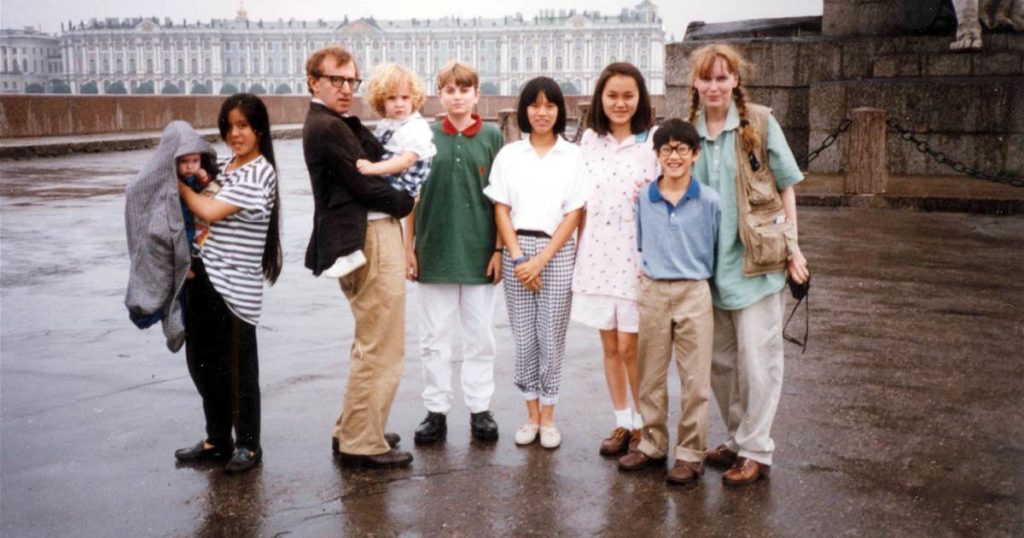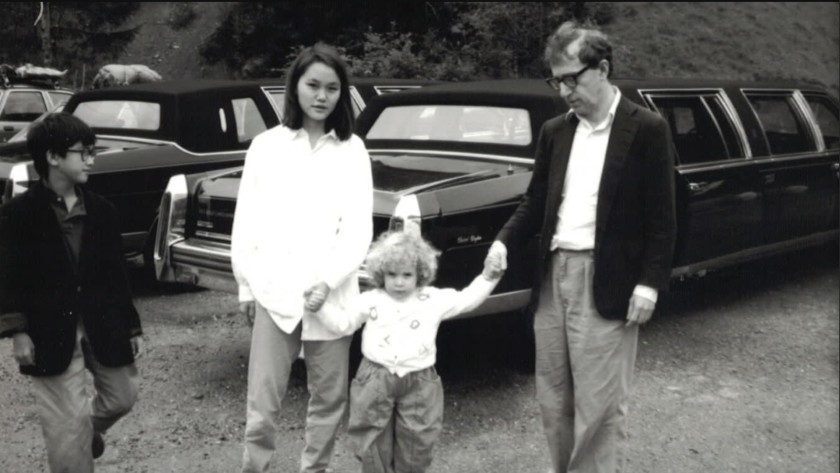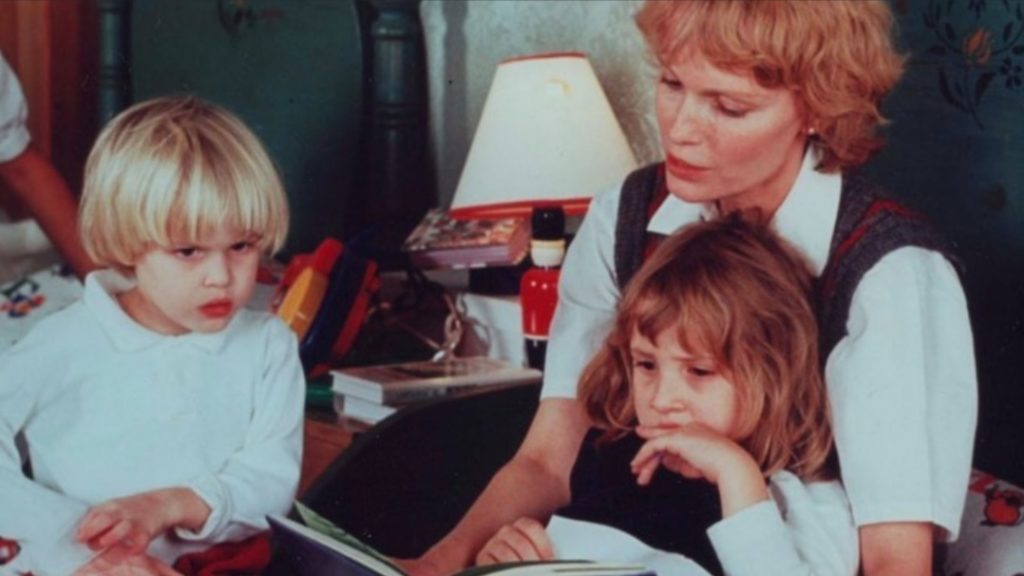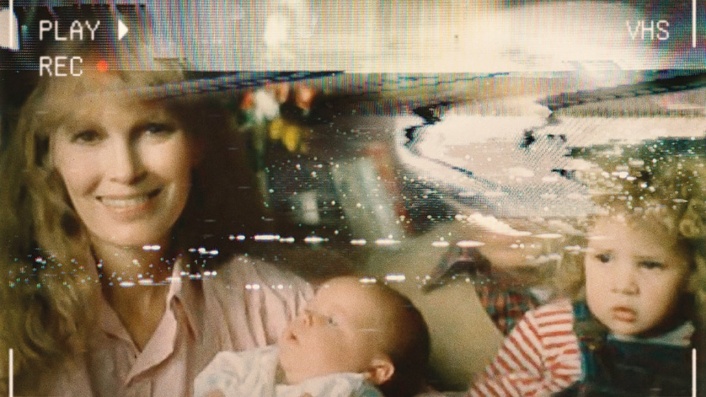Trigger Warning: This article includes discussions of child sexual assault, abuse, and trauma.
HBO’s docuseries “Allen v. Farrow,” directed by Kirby Dick and Amy Ziering, finally gives Dylan Farrow the opportunity to speak her truth in her own words.
The four-part series examines the allegations of child sexual abuse against the director Woody Allen involving his then 7-year-old adoptive daughter, Dylan Farrow in the home of her adoptive mother and actress, Mia Farrow. It also highlights the custody battle between the former couple, whose 12-year relationship ended after Allen married his other adoptive daughter, Soon-Yi Previn (a 35-year age gap).
Episode 1
In this first episode, Mia details her relationship with Woody, a once-beloved father figure to her seven children. Their adoptive daughter, Dylan, speaks on the growing discomfort she felt towards her father’s growing attention.

Having first read Dylan’s open letter in The New York Times years ago, I am familiar with this story. I enjoyed this first episode’s focus on creating a timeline of events, including the rise of Farrow and Allen’s relationship with insight from some of their children and close family friends. And while I typically dislike when stories focus on the career or history of an abuser, rather than listen to the survivor, this sets the stage for Allen’s power and how he got away with what he did to Dylan.
The episode ends with Allen officially adopting Dylan and Moses in December of 1991, with Farrow believing in their future as a couple and family. Things take a turn after Farrow finds pornographic photos of her other adoptive daughter, Soon-Yi Previn. Upon this horrific discovery, Dylan’s therapist tells Farrow she needs to tell her daughter and younger son, Ronan Farrow about these photos. For Dylan, the news of Allen’s inappropriate behavior with Soon-Yi was a moment of realization — that she was not alone in her father’s abusive circle.
I remember feeling sick to my stomach after watching this episode and could not stop thinking about how Allen specifically wanted a little blonde girl with Farrow, with zero interest in actually raising a child. It becomes chilling to listen to close friends of the Farrow family recount Allen’s intense, escalating focus on Dylan to the point where she locked herself in the bathroom to hide.
Episode 2
While Farrow and Allen rise as a powerful Hollywood couple, Allen’s relationship with Soon-Yi destroys the family. I must give a major trigger warning, as this is the episode where Dylan details her allegations of abuse and sexual assault against her father.
The episode also features videotape footage recorded by Farrow, in which Dylan discusses the abuses by Allen. It is horrible, heartbreaking, upsetting, and especially retraumatizing for survivors. However, it is a reminder, especially for those who are not survivors, that Dylan and her siblings are never getting their childhood back.
It is also a reminder that debating what survivors and their families “should have done” only places blame on them instead of the abusers. It is an opinion that haunts survivors and their families for the rest of their lives, and it is something that I hope non-survivors who watch this series realize.
Episode 3
As Farrow tries to protect Dylan from repeated questioning, Allen’s legal and public relations team paint Farrow as an unfit mother who brainwashed her children. The episode also reexamines two separation investigations in New York and Connecticut from 1992.
This episode is by far the most frustrating episode of the series for me. It is a reminder of how often the public refuses to discuss this kind of abuse, and it is the reason why it keeps happening. It is why abuse of power, along with the system that perpetuates and protects it, allows abusers to thrive in secrecy as survivors are silenced.

Too often as well, the world also forgets that cases of sexual assault and abuse leave survivors with painful memories for the rest of their lives. In a poem titled “and its my turn to say me too,” Lynnette Lopez, a young writer and poet from the Rio Grande Valley writes about this pain.
Lynnette writes, “cause me too was used for my body / like if i was a piece of property. / to use and abuse like no tomorrow / like the day i thought i’d never see.”
Episode 4
In the final episode, Dylan and the Farrow family are given the space to discuss their journey to healing after the 1993 custody battle. The episode also addresses the rise of the #MeToo Movement, and how the public support from Dylan’s brother, Ronan, gave her the confidence to tell her story for the first time in 2014.
While I went through many different emotions watching this episode, I was mostly left in tears afterward. Dylan’s words and her story resonate too deeply with too many girls and women, who are all undeserving of abuse and trauma at the hands of cruel men.
However, similar to the previous episode, stories like Dylan’s also serve as constant reminders of the great lengths powerful men will go to discredit and silence survivors. As well as how easy it often is for them to succeed at this.
In the first episode, Dylan says, “You can love somebody and be afraid of them.” After the final episode, I remembered this line and another poem from Lynnette titled “friends.”
Lynnette writes, “by someone i thought i could call a friend. / didnt think this was how things would end. / in me crying over how me too / am a percentage of survivors not victims.”

If there is a major takeaway from this series, it is that may this world be kinder to little girls, so they never have to call themselves survivors. May those who are not survivors learn not only to believe but to listen, so that survivors can find their peace.
To read more poems and journal entries by Lynnette, visit Poetry by Lynnette on Instagram.
“Allen v. Farrow” is available to stream on HBO Max and Hulu.
































